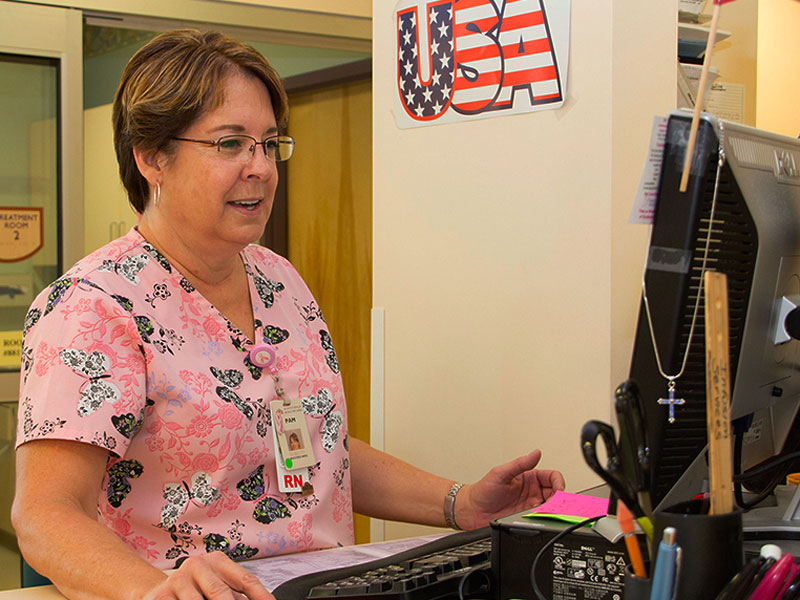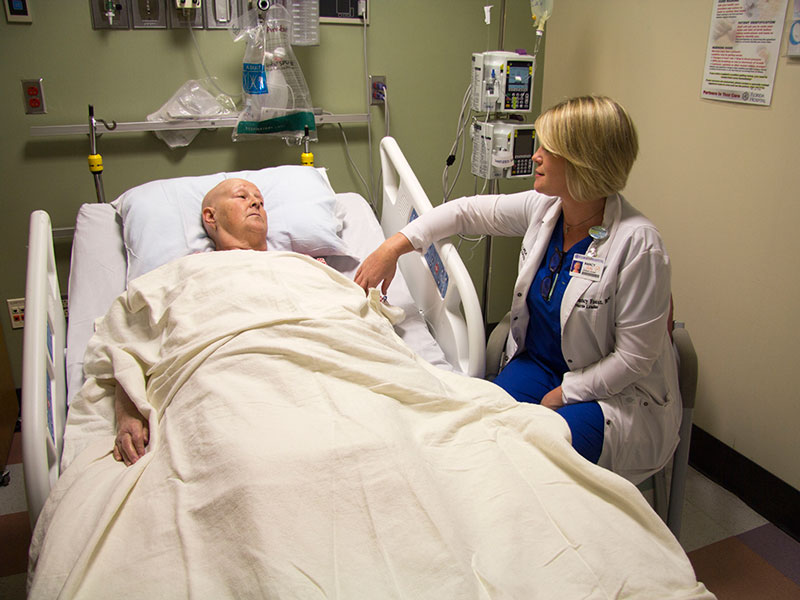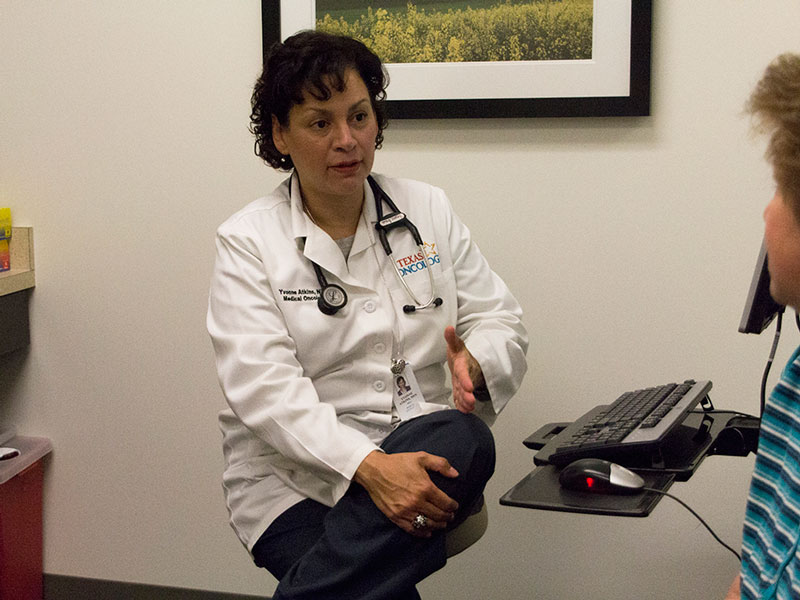ONS and ASCO CancerLinQ Partnership Will Help Institutions Use Practice Data to Drive Greater Cancer Care

Offering personalized treatment plans to patients with cancer is one of the biggest goals for any oncology institution—big or small. ONS leaders and members have united their personal and organizational efforts to move cancer care toward personalization while still aligning the needs of patients with nationally recognized clinical guidelines. Oncology nurses consistently strive to deliver quality cancer care to their patients.
- Read more about ONS and ASCO CancerLinQ Partnership Will Help Institutions Use Practice Data to Drive Greater Cancer Care
- Add new comment
Concern Over ACA Repeal, Bipartisan Support Against Opioid Epidemic, ACA Replacement May Mean Unwanted Limitations

In a series of articles published by the Washington Post, patients living with cancer are speaking out against the potential harm that could impact cancer care with repeal of the Affordable Care Act (ACA). Told through each patient’s own experience with the ACA, the stories paint a vivid picture for lawmakers on Capitol Hill. By putting a face to those affected by repealing the ACA, this series may give representatives pause before they consider getting rid of the healthcare bill.
- Read more about Concern Over ACA Repeal, Bipartisan Support Against Opioid Epidemic, ACA Replacement May Mean Unwanted Limitations
- Add new comment
ONS Invited to White House for Cancer Moonshot Event
In collaboration with the former President Obama’s health policy team and the Cancer Moonshot, myself and several other members of ONS were invited to attend a community oncology event as part of the White House’s Making Health Care Better series. The event, “Addressing the Cancer Challenge: Progress in Research, Prevention, Coverage, and Quality,” took place at the White House complex on January 11, 2017. It was by invitation only from the White House Cancer Moonshot Task Force.
NCI Cancer Moonshot Funds Researchers

After the dust settled from the presidential election, Congress returned to Washington to complete some remaining legislative work before the new year. Among the newly approve legislation, the 21st Century Cures Act was passed, and it aims to have major implications for expanding oncology research in the coming months and years.
U.S. Cancer Mortality Rates Differ Across Country

Although U.S. cancer rates between 1980 and 2014 have fallen overall, there are parts of the country that have not seen a decrease. This information was reported in a new study conducted by the Institute for Health Metrics and Evaluation at the University of Washington. The researchers found that cancer deaths fell 20 percent between 1980 and 2014, but that in some areas of the country the mortality rates increased.
Cervical Cancer Awareness and Education Saves Lives

January was cervical health awareness month, and the federal government, along with many advocacy groups, spent considerable time talking about early detection. According to the National Cancer Institute and the U.S. Food and Drug Administration (FDA), cervical cancer is largely preventable. If it’s detected early, it’s often curable too. Many experts say that the key to cervical cancer is vaccination and embracing the two tests used for early detection—Pap smears and human papillomavirus (HPV) testing.
FDA Announces Oncology Center of Excellence

The U.S. Food and Drug Administration (FDA) recently announced, through the Office of Health and Constituent Affairs, that it has established the Oncology Center of Excellence (OCE). Longtime FDA official, Richard Pazdur, MD, has been named to lead the division as its first director. The OCE will make oncology “the first disease area to have a coordinated clinical review of drugs, biologics and devices across the agency’s three medical product centers,” according to the FDA.
New Web Tool Seeks to Advise Cancer Survivors on Managing Health

In a joint venture between the National Cancer Institute (NCI) and the American Cancer Society (ACS), a new web tool aims to provide better understanding for cancer survivors’ treatment options and what happens to them when treatment is over. The initiative, Springboard Beyond Cancer, is meant to empower survivors by providing them when education and resources about living beyond their cancer diagnosis. Springboard Beyond Cancer aims to address the following survivorship issues for patients.
How the Oncology Care Model Is Redefining Quality Care

Oncology institutions across the United States are implementing big change in the way nurses and physicians deliver care to patients with cancer. By highlighting quality care and smart spending, facilities are reimagining the way cancer is treated in America. New procedures, research, and technology have redefined the way cancer is treated, so a new system for delivery and reimbursement is vital to ensure that quality care can be delivered at a reasonable cost.
How Are We Creating a New Payment Model for Oncology Care?

Oncology care is a complex, expensive, and often-fragmented area of medicine. To understand the potential need for a new payment model in oncology care, a thorough evaluation of all the data was important. By reviewing the oncology literature associated with costs and quality, we discovered that there were wide variations in the costs associated with the treatment of advanced cancers, but little variation in the outcomes of patients. We also identified gaps in patient care that we thought could be improved.





